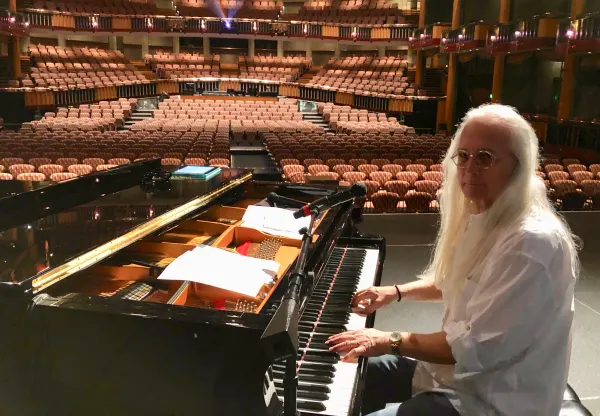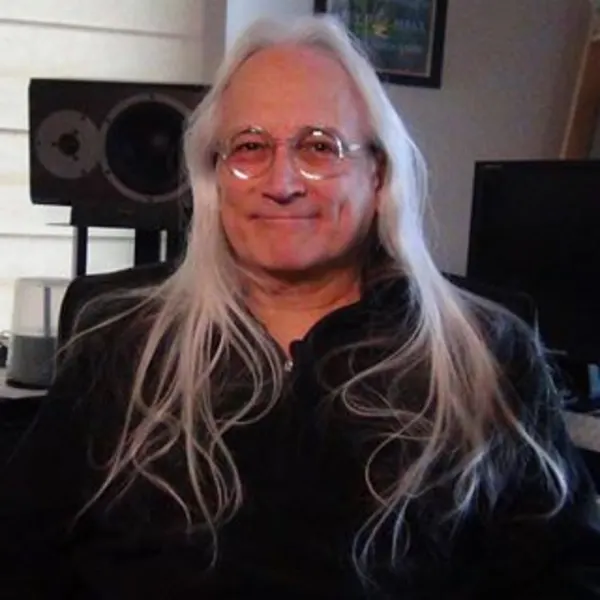Eric Bikales
About
Qualified teachers are not hard to find, but the best instructors are also competitive players and composers as well. This can help students fast-track their goals. Having that first hand knowledge of what is essential and how to develop it quickly, I am comfortable helping you with basic piano playing, technique and building chops, improvisation, reading and better knowledge of chords and voicing. Composition, music theory and ear training (playing by ear) are also comfortable areas of instruction for me.
Watching students thrive is the best part of teaching for me. I've seen students go on to play concerts, tour with big name artists and do studio work. But from week to week, seeing increments of progress and helping to guide that is my biggest enjoyment.
Photos and videos


Reviews
Joel A.
Sherry S.
Rachel W.
Ed B.
Leah T.
Frequently asked questions
What is your typical process for working with a new student?
My first priority with a new student is to find out what he or she wants to accomplish. This lets me know how to customize lessons so that students progress at a rate they're happy with. We usually break things up into a few main areas, such as technique, improv and learning new songs. We keep a log of what we work on so that we can mark progress. We can also shift areas of study if things start to develop in a new direction.
What education and/or training do you have that relates to your work?
I've studied jazz and classical piano (and flute) for over 50 years. First in Kansas City with John Elliott and George Salisbury, then in Los Angeles with Terry Trotter and Milcho Liviev, and here in Nashville with Robert Marler and Bruce Dudley. I currently hold a Bachelors of the Arts from Belmont University and I currently teach Music Theory and Basic Notation, Film Scoring, Harmony and Arranging as an online instructor for the University of Arts San Francisco.
Do you have a standard pricing system for your lessons? If so, please share the details here.
Lessons last 1 hour and are weekly. The monthly rate is $200. Payment is made at the beginning of the month. Normally there are 4 lessons in 1 month and we try to keep the same lesson day and time when possible. Missed lessons can be rescheduled during the week missed. Otherwise, it may be diffecult to reschedule. It is the students responsibility to show up for lessons.
How did you get started teaching?
My first students, and many current ones have heard me in concert and ask if I can help them in specific areas.
What types of students have you worked with?
In the past, I've taught Dr. Dre, Kim Basinger (actress) and many other talented musicians, all with varied goals. I've also helped students with songwriting, film composition, music theory, and playing various keyboards in the recording studio including the Hammond B3.
Describe a recent event you are fond of.
I have won several awards including being inducted into the Kansas Musicians Hall of Fame. This year (2019) I won Enlightened Piano Radio's best jazz album award for my solo piano CD "Follow Your Heart".
What advice would you give a student looking to hire a teacher in your area of expertise?
Finding the right teacher is all about working with someone who can really help you with your goals, and knows the proper methodology. Playing your instrument should always be fun, even if you are training your fingers. I've written an entire course on acquiring the right frame of mind so that piano playing is never drudgery.
What questions should students think through before talking to teachers about their needs?
Many students go price shopping for the "best deal" on piano teachers. It is SO not about that. It's a chemestry that is built up between the student and teacher. It requires a willingness to put in the time and effort. There really aren't shortcuts, but playing piano is all about the ride, not the destination.